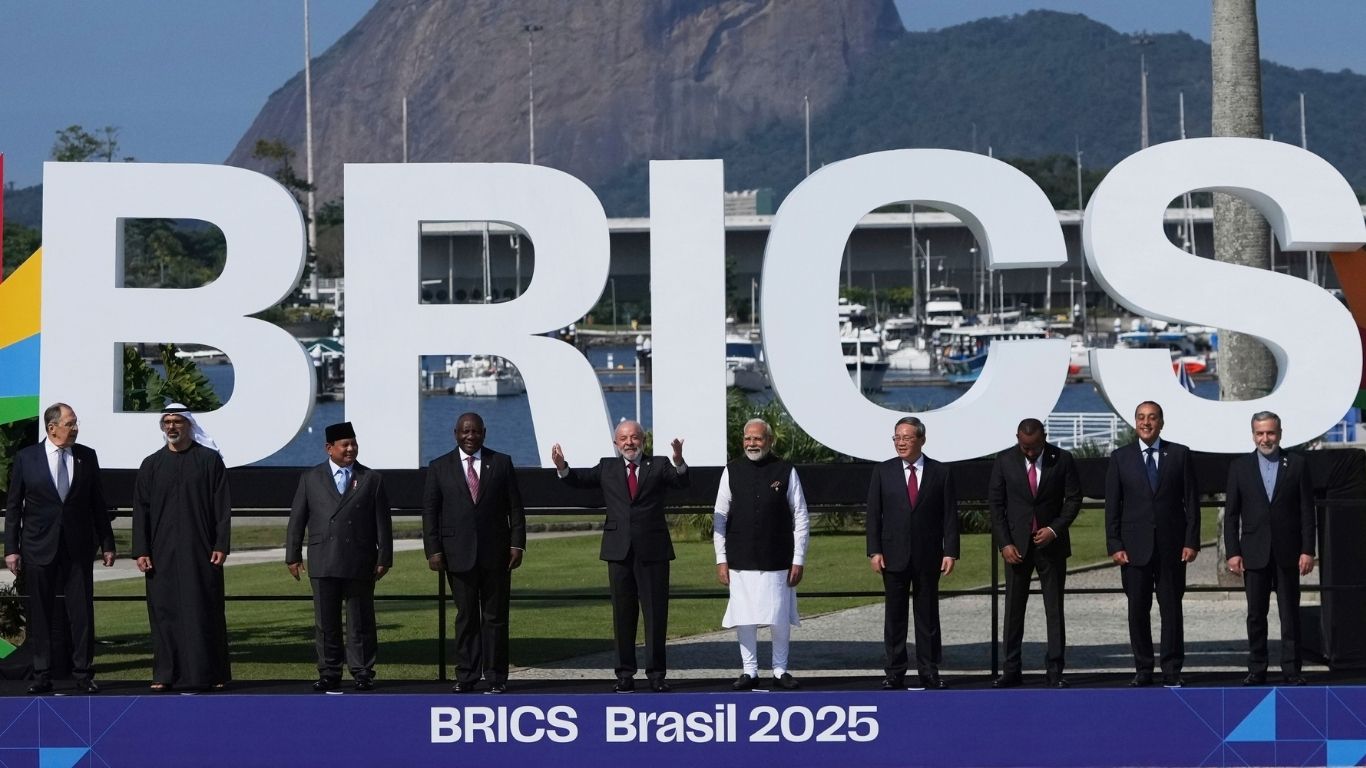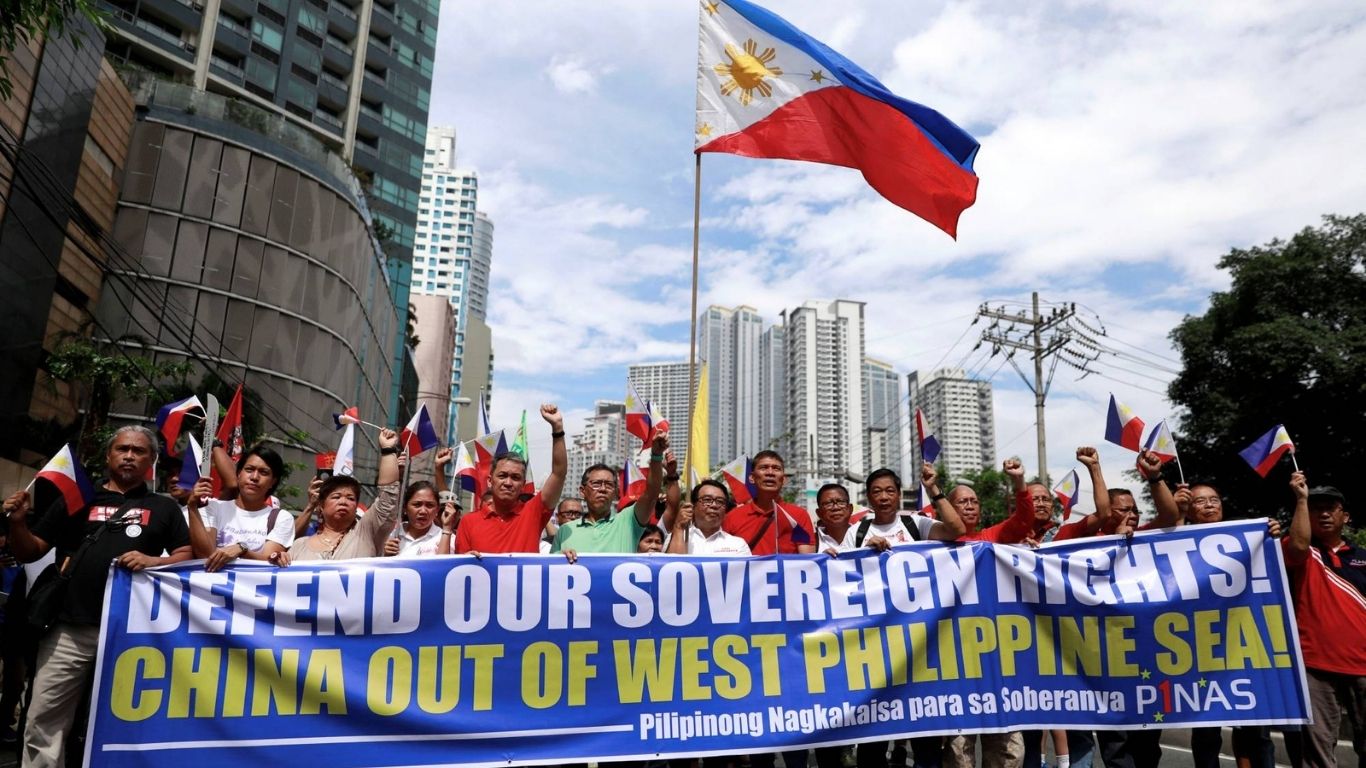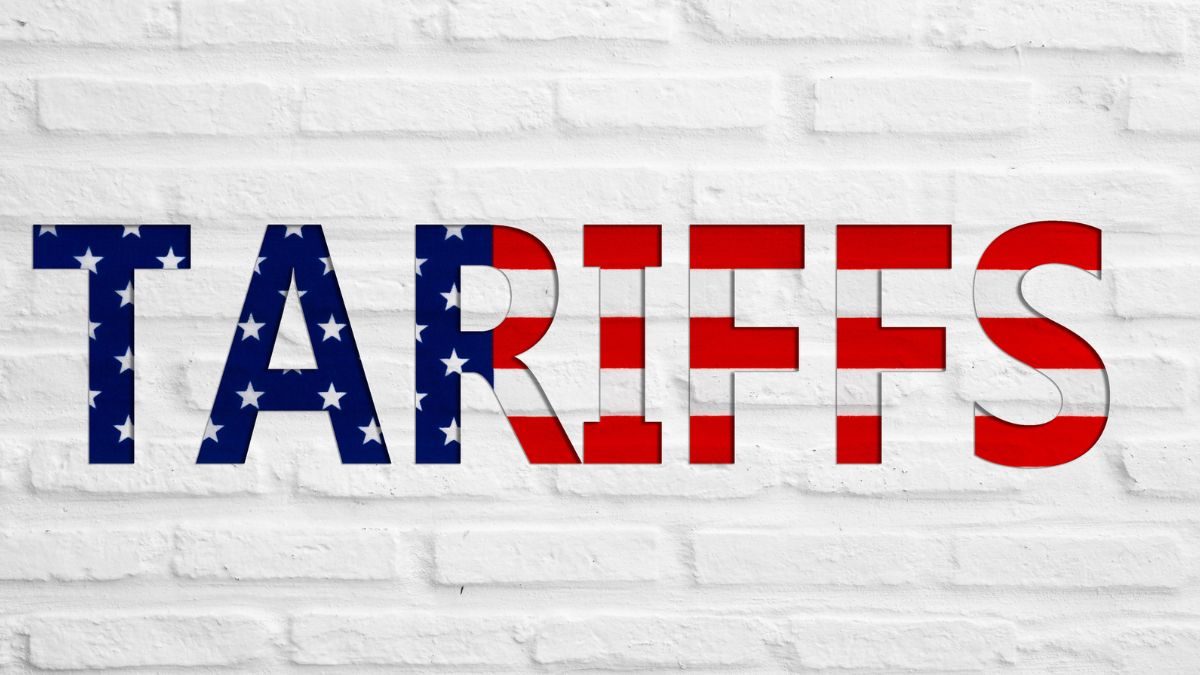Billed as ‘the year of democracy,’ 2024 may ultimately be remembered for the incumbents sent packing by voters.
The largest-ever single year of elections was also remembered as the worst-ever year for those in office. A vote share was lost by every governing party facing an election in a developed country this year—the first time this has been recorded—according to an analysis. The incumbency advantage used to be considered an iron law of politics. Recently, “better the devil you know” has been replaced by “throw the rascals out.” Voters’ instincts have been to twist, not stick. In the United States, Kamala Harris was seen to pay a price for her unwillingness to distance herself from incumbent President Joe Biden’s policies to Donald Trump’s gain.
What 2025 might bring for incumbents and what factors are at play remain to be seen. For decades in wealthy democracies, the surest way to win office was to hold it already. Incumbents were considered a protected class. Power was switched between a few mainstream parties, mostly after long periods of relative stability. In emerging, poorer democracies, things were seen as more volatile. Mainstream parties were considered weaker, facing constant challenges from upstart insurgents, so power was changed more often. But this distinction between richer and poorer democracies has been blurred. Wealthy democracies have become more volatile, according to Ben Ansell, a professor of comparative democratic institutions at the University of Oxford.
It’s the inflation, not a mystery
In many countries, prices were seen to jump after the Covid-19 pandemic and Russia’s full-scale invasion of Ukraine. Driven by a range of factors, including supply disruptions and a rebound in demand, global inflation reached its highest level since the 1990s in 2022.
It was hated by voters. Even if most of the causes were global, the soaring costs were presided over by the governments, who ultimately paid the price. Although unemployment soared in the United States and Europe after 2008, inflation was largely stable. The economic pain was considered more intense for some but was less diffuse. “Inflation hurts everybody less than unemployment, but it’s so widespread,” said Ansell. As recalled by the economist Isabella Weber in the New York Times: “Governments are weakened by unemployment.
They are killed by inflation.” Although price controls are uneasy for mainstream economists, Weber, an economics professor at the University of Massachusetts Amherst, pointed out that a global price cap on Russian oil has already been implemented by Western countries. In the face of overlapping crises, perhaps this taboo will be seen to crumble. If inflation was considered the culprit, this may be seen as good news for tomorrow’s incumbents. Once prices are stabilized, wages catch up, and the new cost of eggs is adapted to by voters, an easier time ought to be had by those in office—barring more price shocks—in the years to come. At least, that’s the theory.
The Dawn of New Expectation
Materialist factors alone do not explain the defeat or retreat of incumbents across the globe. Cultural and structural forces are also at play, potentially making volatility the rule, not the exception. The field has been opened to new actors by this erosion of partisan loyalty, who scorn the old rules of the game and chip away at its norms. According to Vicente Valentim, an assistant professor at the European University Institute in Florence, this is seen happening at both the policy level, such as the backlash against immigration and gender equality, and the procedural level, such as the refusal to concede an election or casting doubt on the integrity of a vote.
Once this genie is out of its lamp, it becomes “really hard to reverse-track the process of normalization of these previously stigmatized views,” Valentim told CNN. “Politicians have no incentive to stop doing it once they see that it works.” As supply changes, so does demand. One explanation for rising volatility is that voters have become more like consumers: hard to satisfy, hungry for gratification, and always shopping around.
Changing voter habits can be mapped into changing consumer habits. Instead of going to a small selection of brick-and-mortar stores to buy a fixed selection of goods, it has become expected by many in wealthy democracies to be brought what they want when they want. Customers are spoiled with choice by Amazon and Netflix; it might be expected by voters that democracies catch up.
Having to “choose between the two stores that have always been on the street—one” left, one right—is seen as quite mid-20th century in an early 21st-century world that is experienced in every other way,” said Ansell.
In the near future
A brief survey of upcoming elections suggests that 2025 may be equally hard for incumbents in democracies. After failing to hold his coalition together for a full term, German Chancellor Olaf Scholz is almost certain to be ousted in February’s snap election, which was called after a confidence vote was lost by him this month. Justin Trudeau’s near-decade-long premiership is also likely to be ended by Canadian voters. The election must be held on or before October 20, but it could be brought forward if his coalition also falls apart.
Next year’s picture in Europe is somewhat skewed, as the chances of candidates friendlier to Moscow are sought to be boosted by Kremlin-linked propaganda campaigns. Despite what many in the West see as an impressive first term as president, Maia Sandu’s reelection in Moldova was won by the thinnest of margins in October. Whether the majority in parliamentary elections in May can be kept by her pro-Western party is less clear. The accusations by Moldova that a widespread interference campaign this year was orchestrated and funded by the Kremlin have been officially denied.
Romania will also have to decide how to proceed after its top court annulled the first round of its presidential election, which it said was marred by Russian interference. A victory for far-right ultranationalist candidate Calin Georgescu—a virtual unknown before the fall—is still on the cards when a new election is held. Russia has denied interfering in the electoral process.
Things may be different in Latin America. Opinion polls indicate Daniel Noboa is better placed than most incumbents to win a second term when Ecuador votes in February, but blackouts and street violence have bolstered his main challenger, Luisa Gonzalez. And so, 2025 may look like a slimmed-down version of 2024, with fewer elections but incumbents continuing to struggle.




